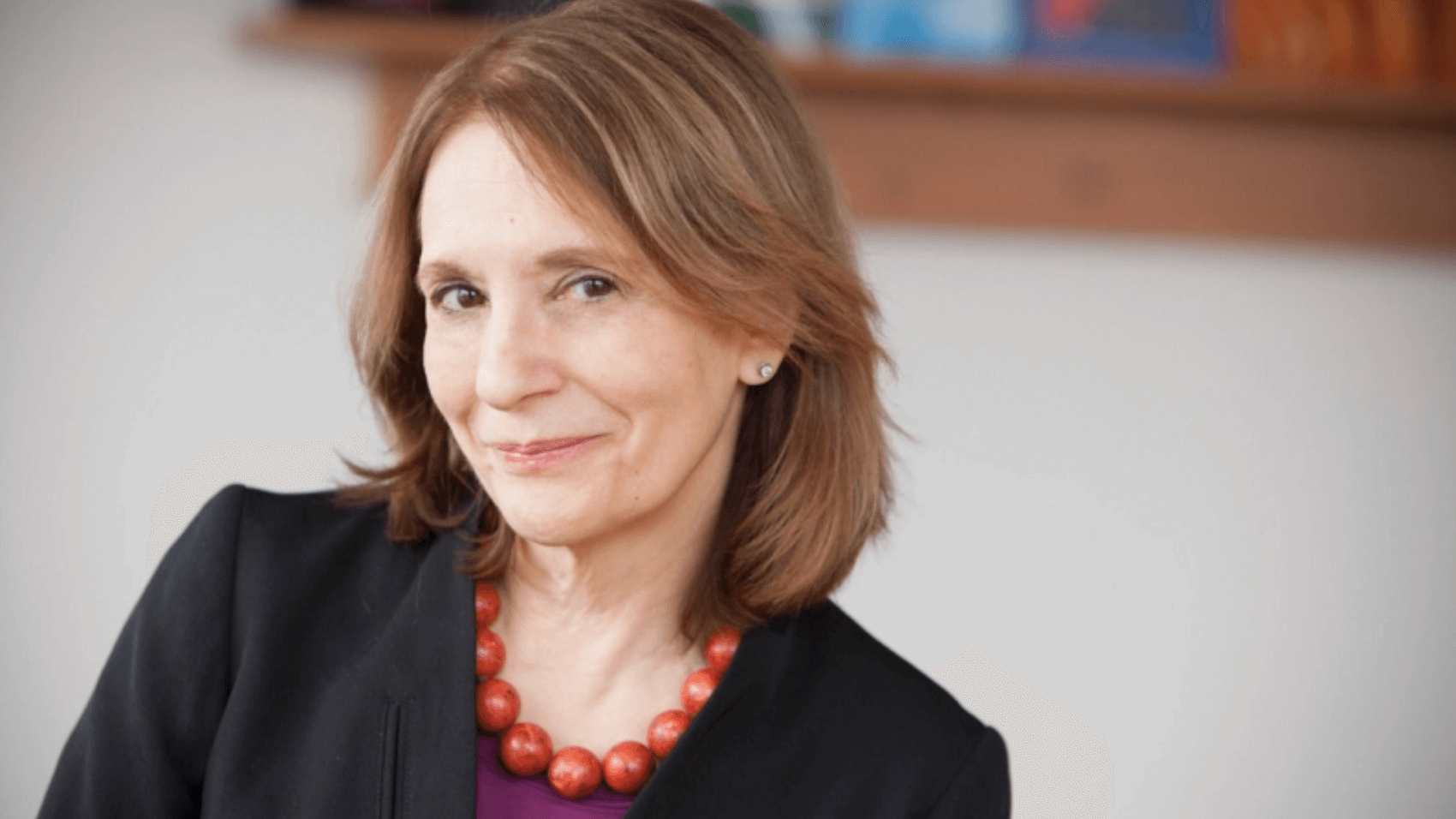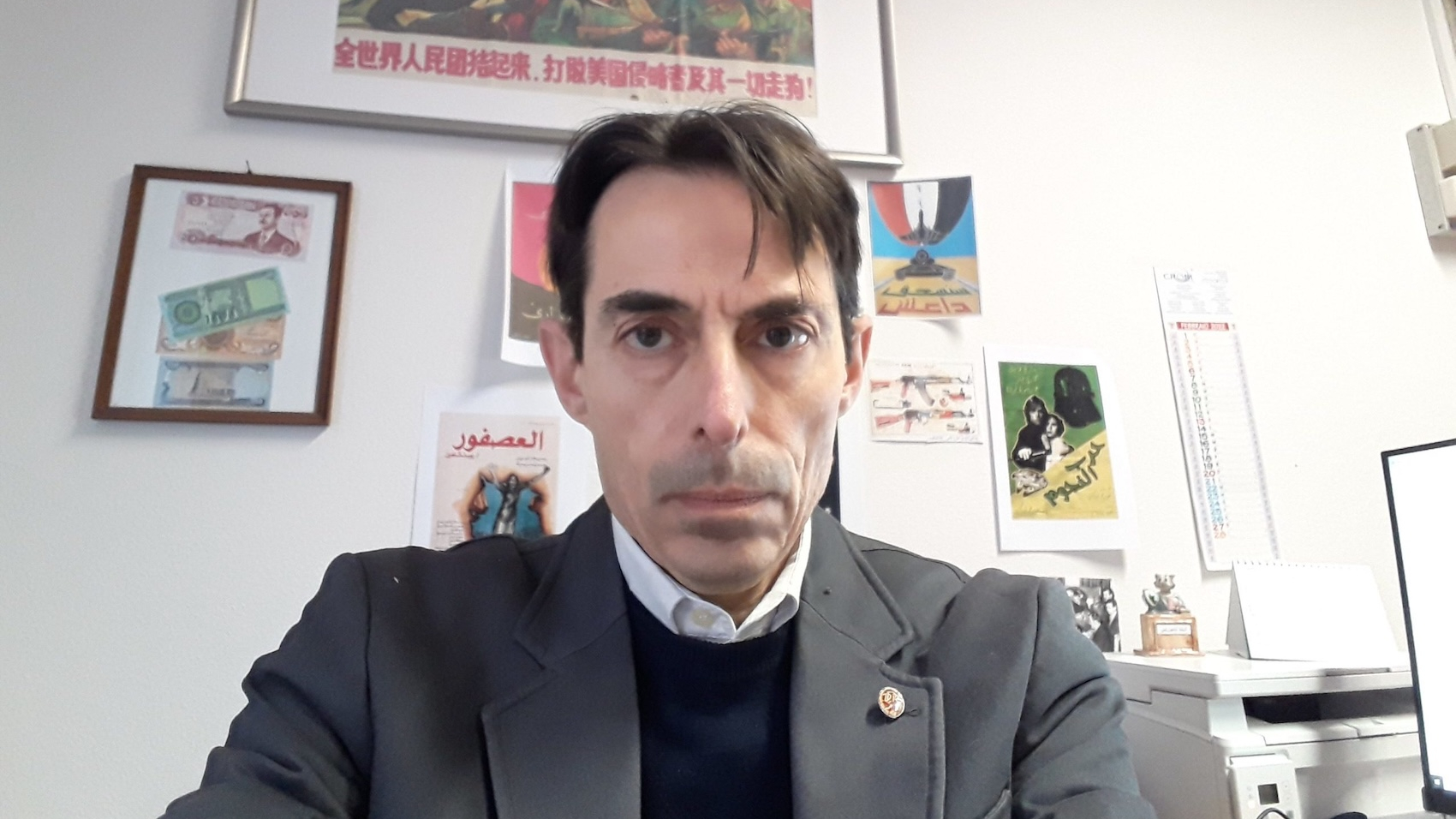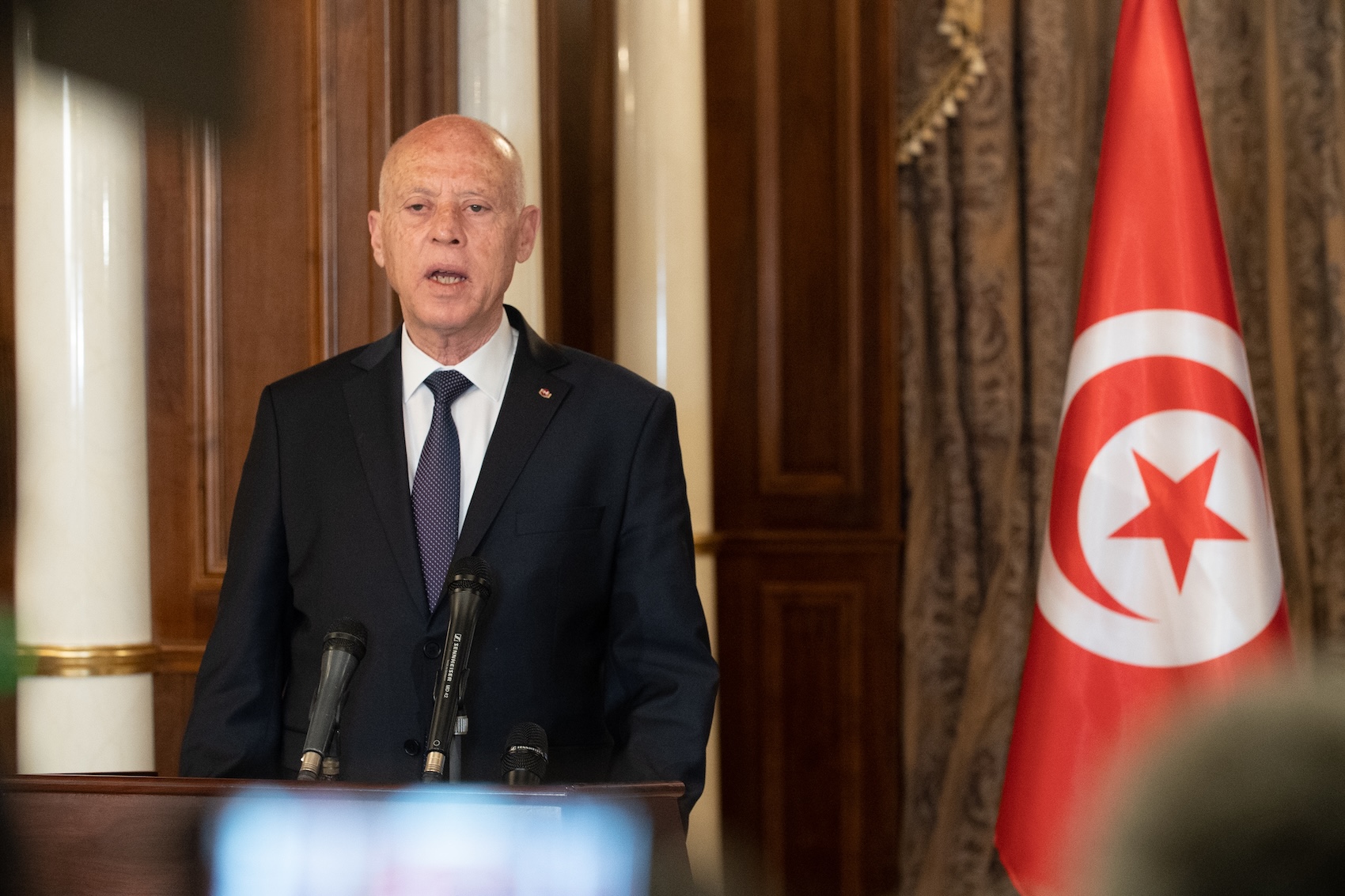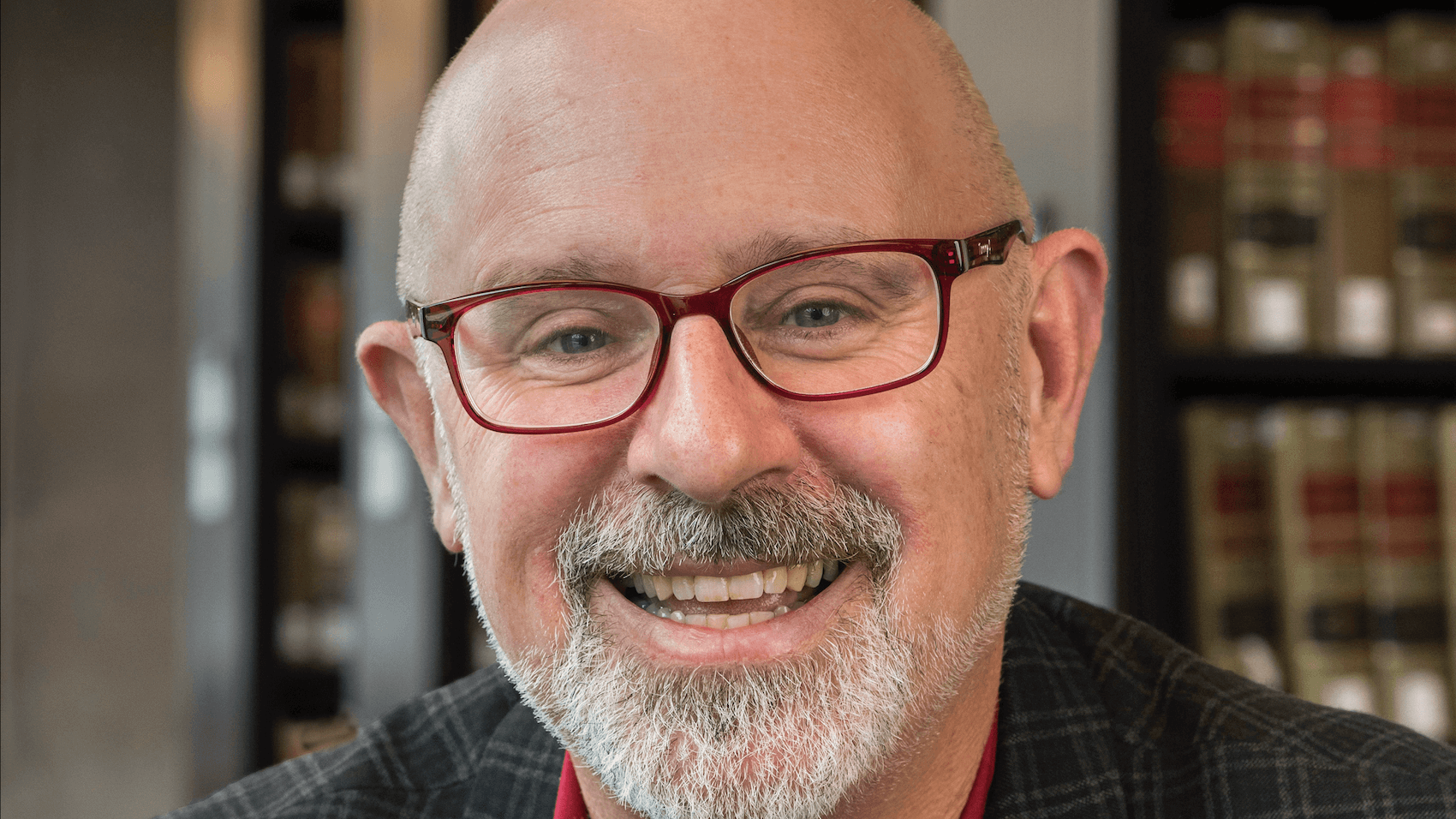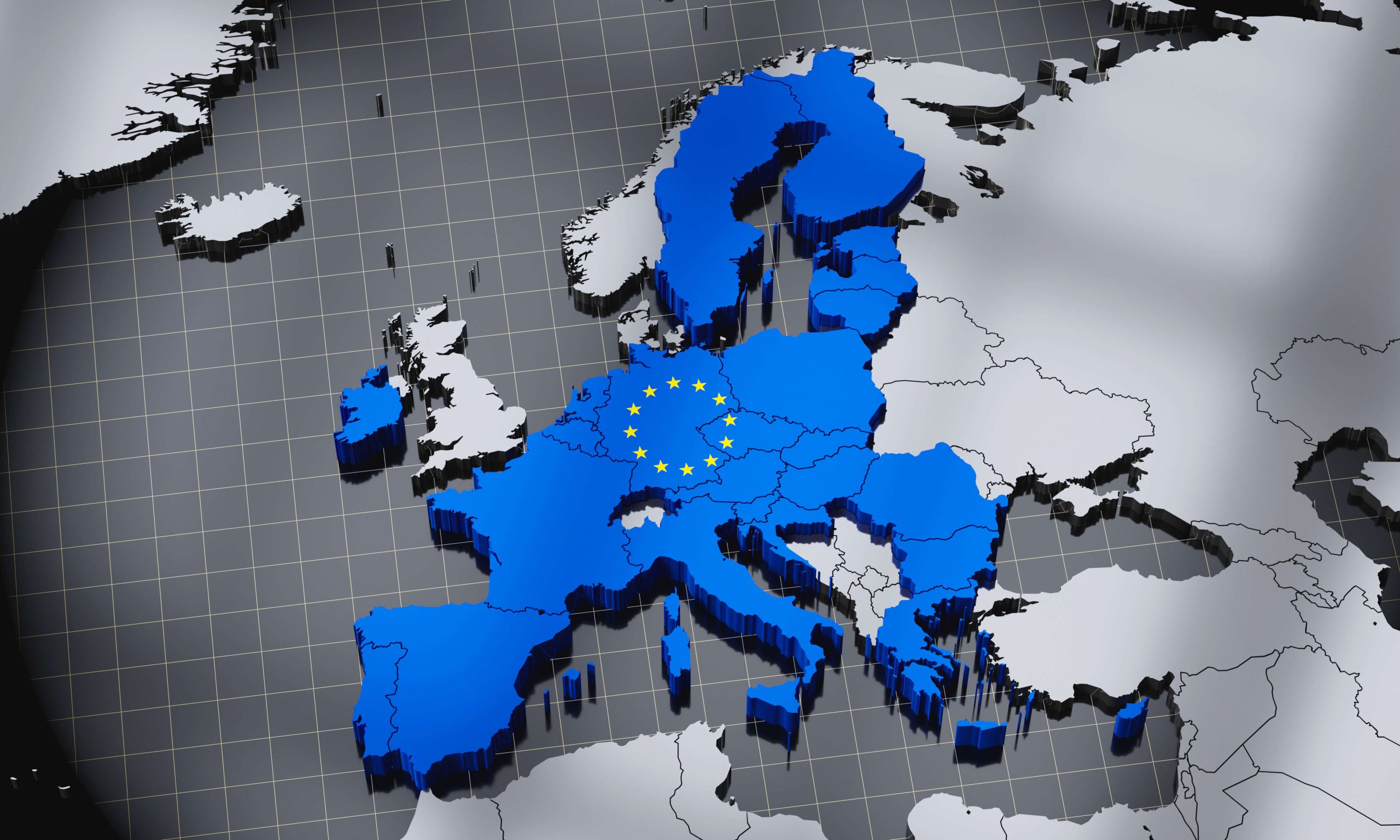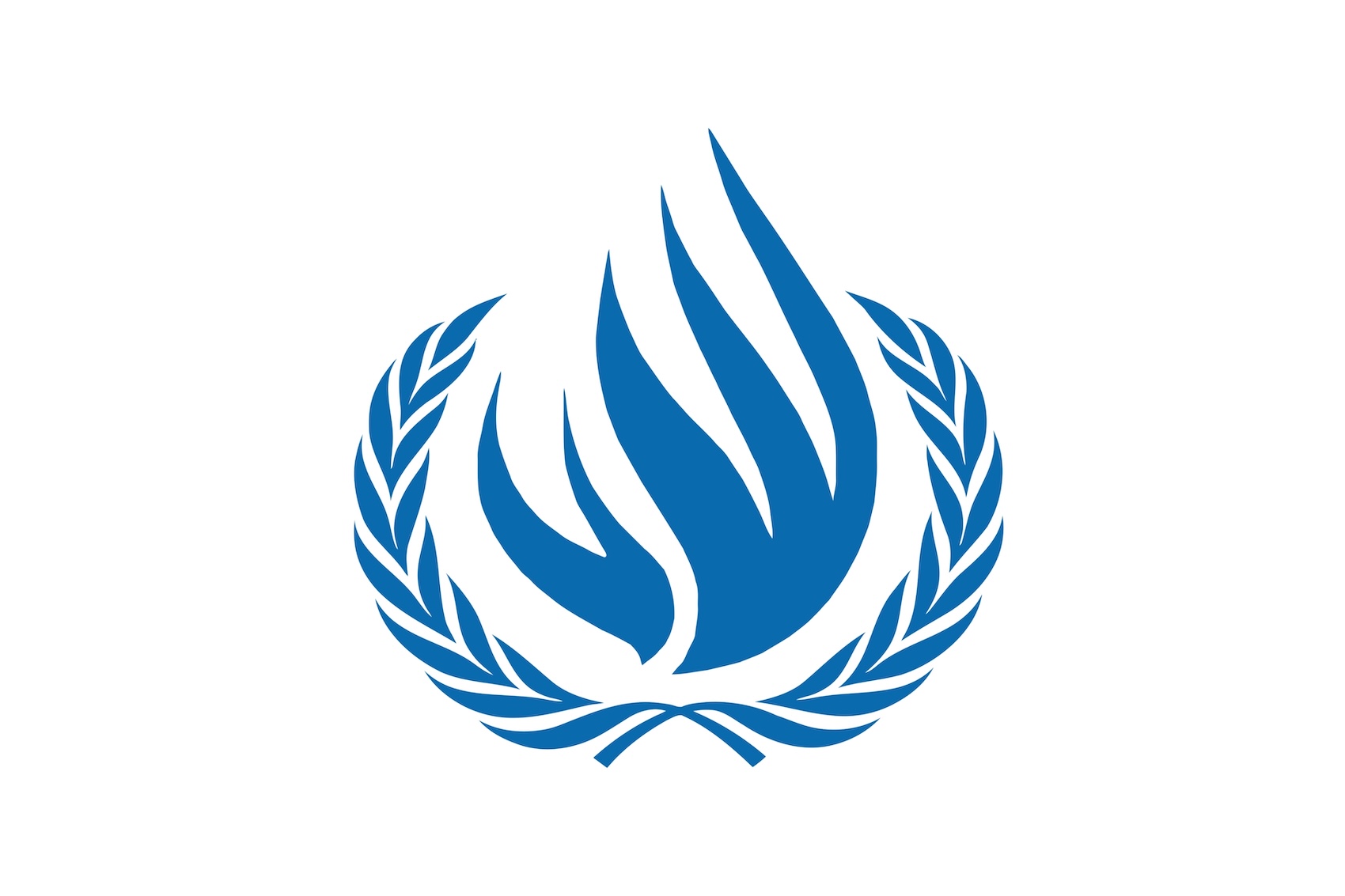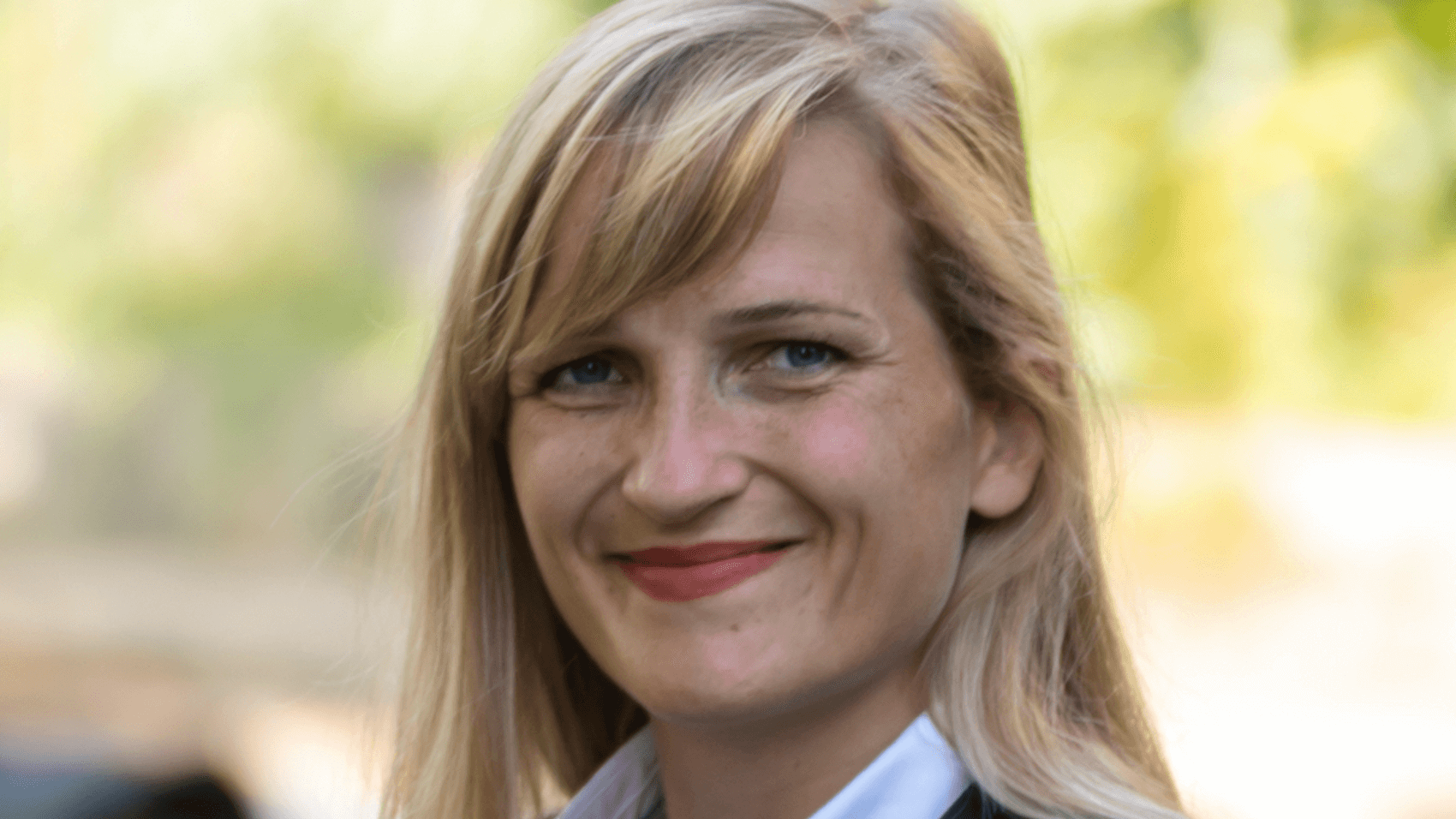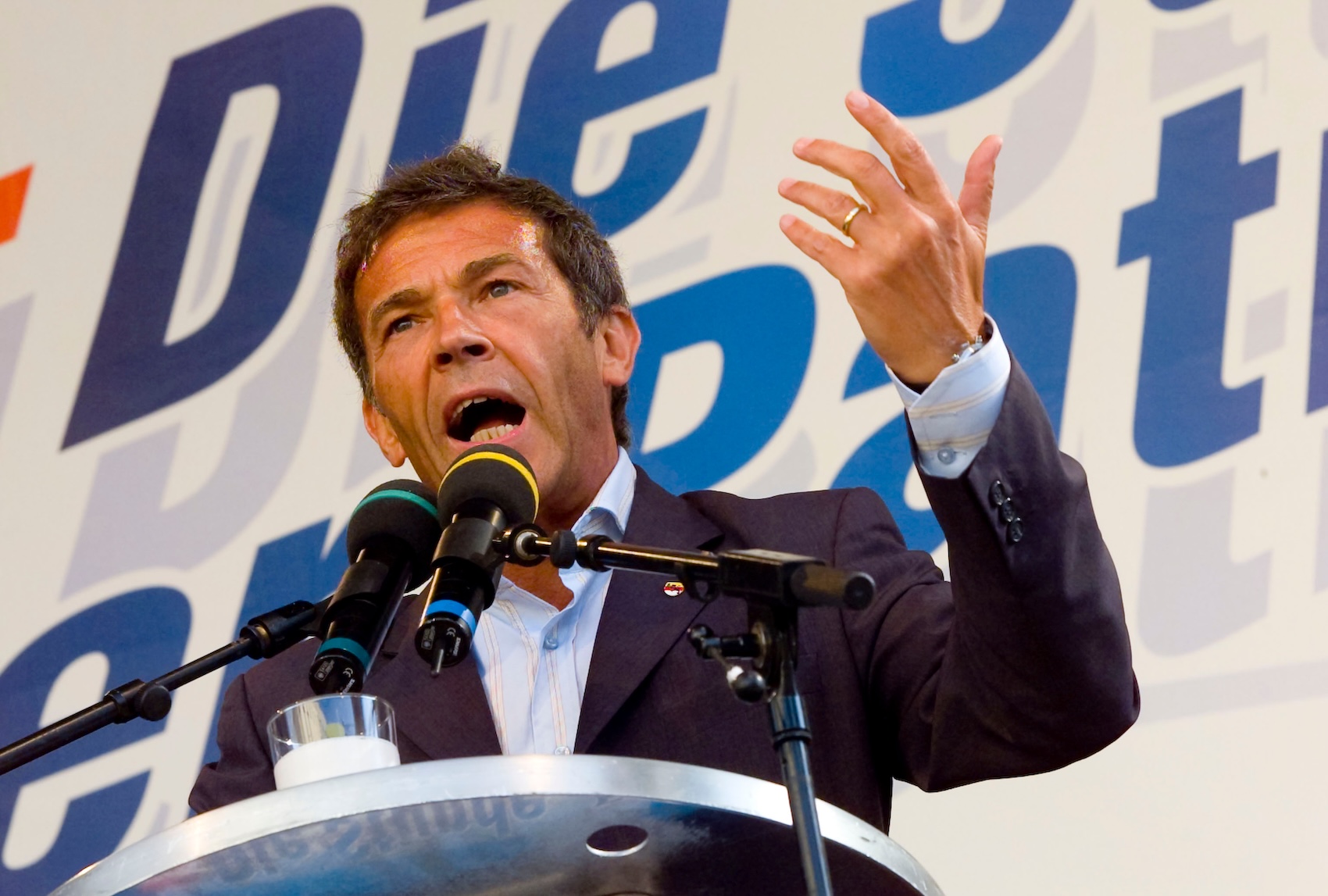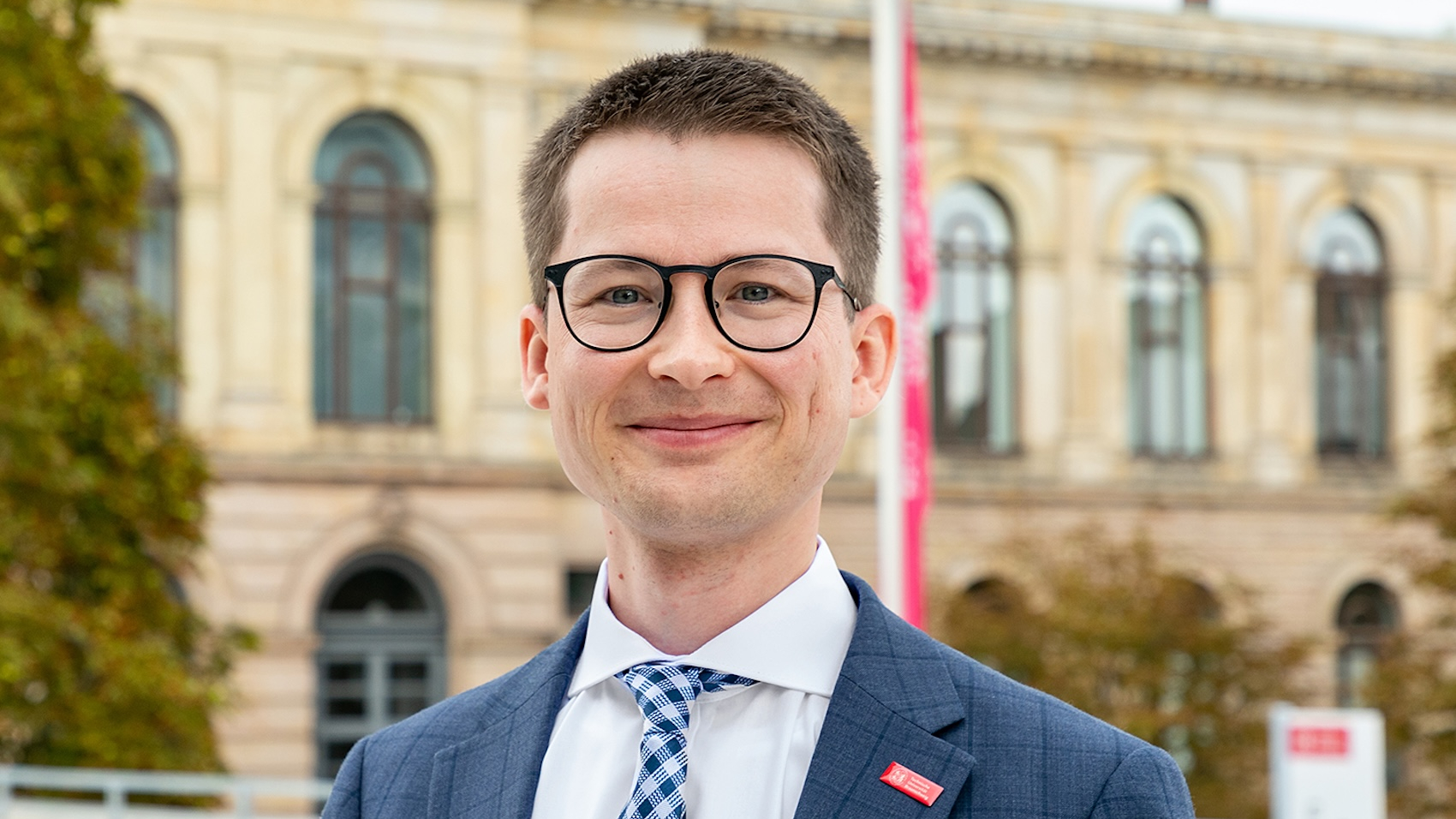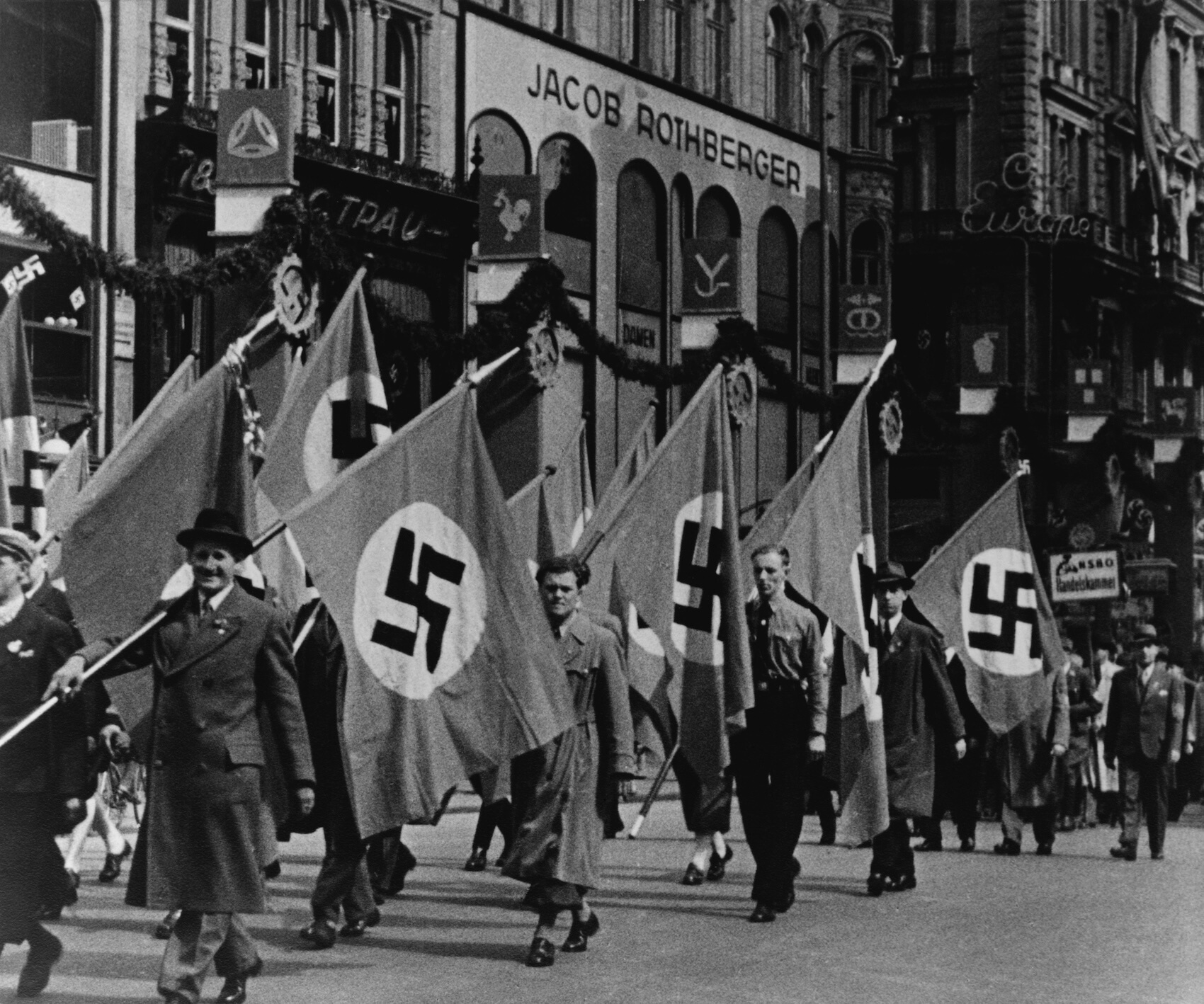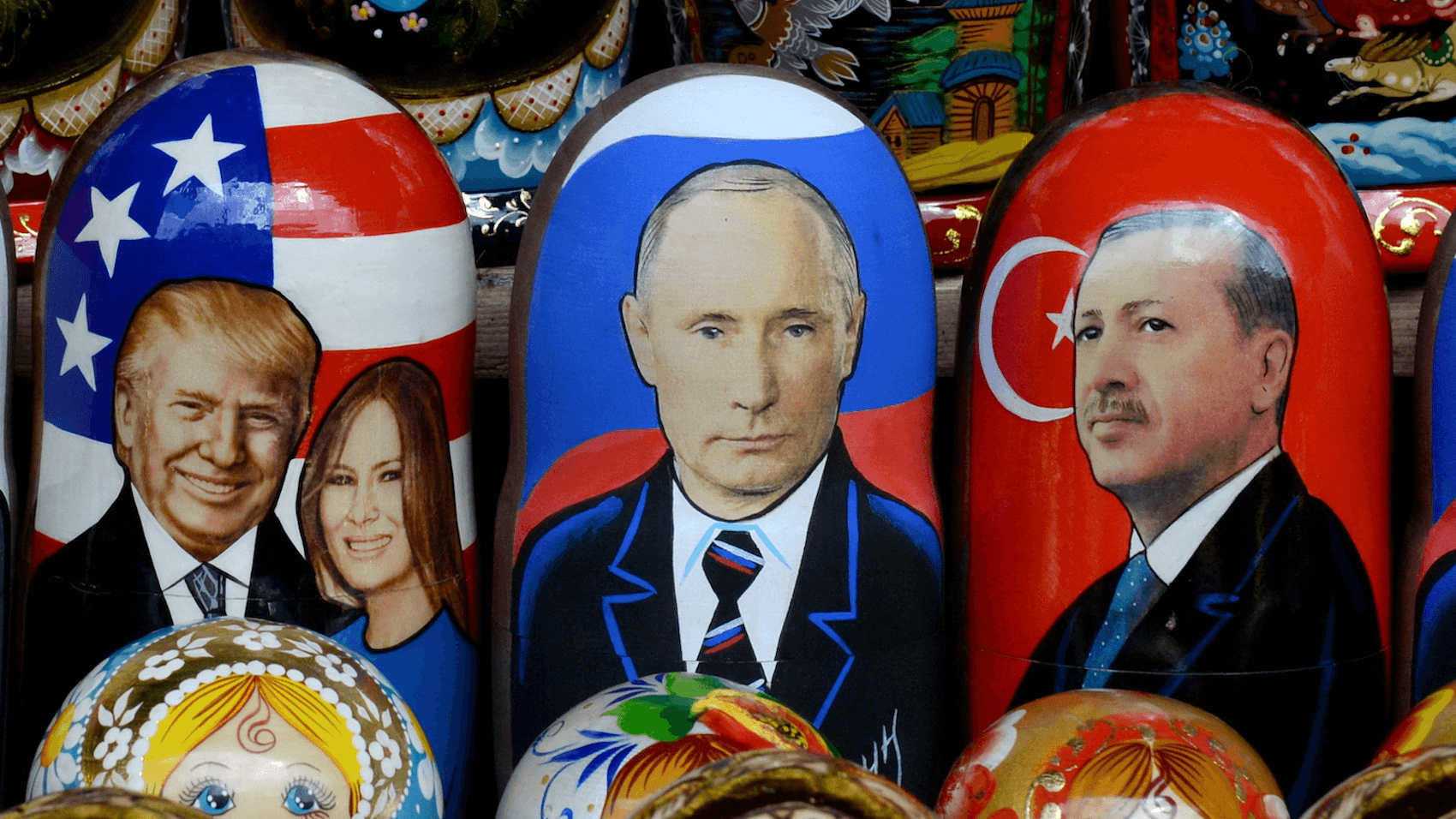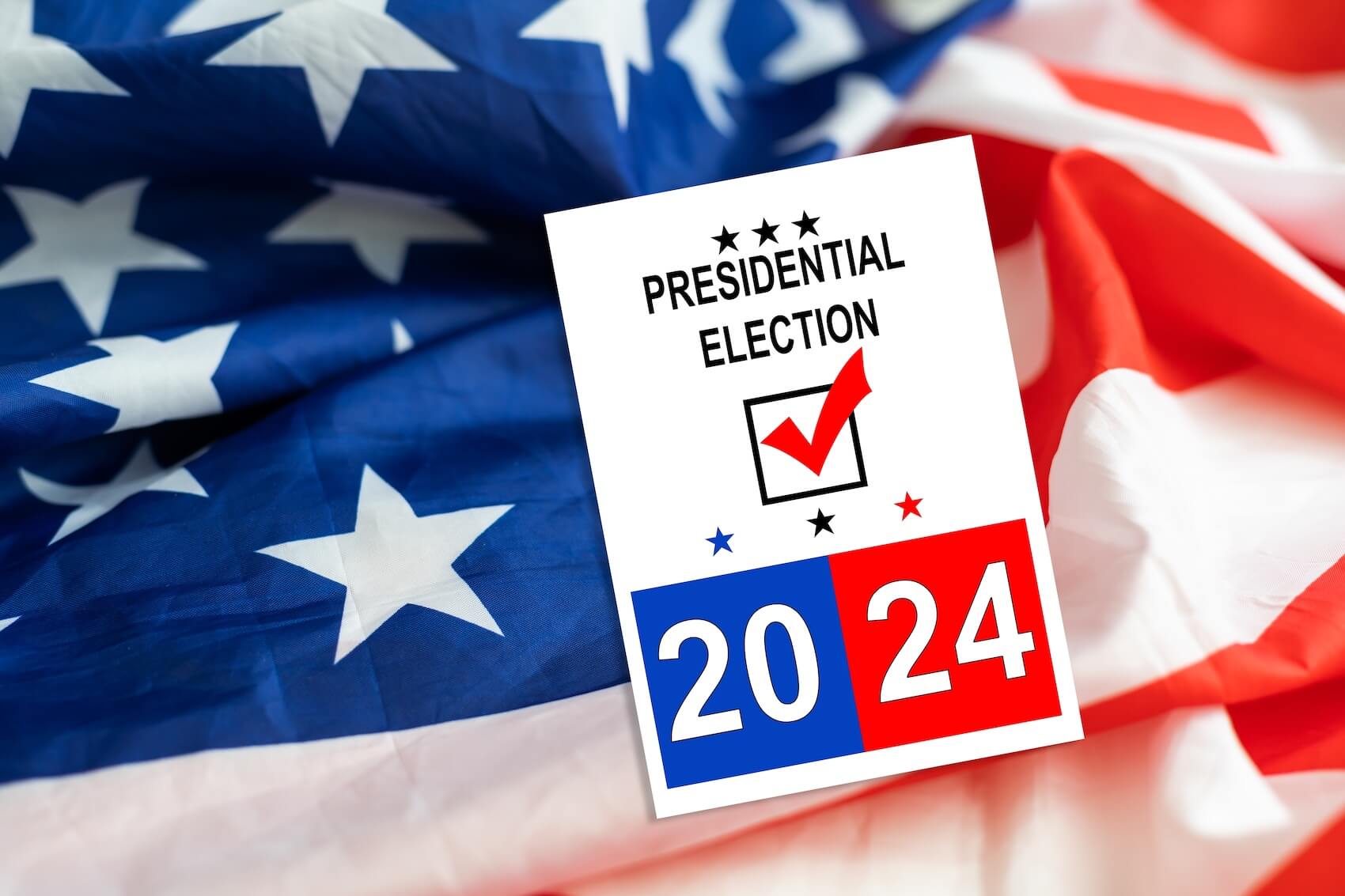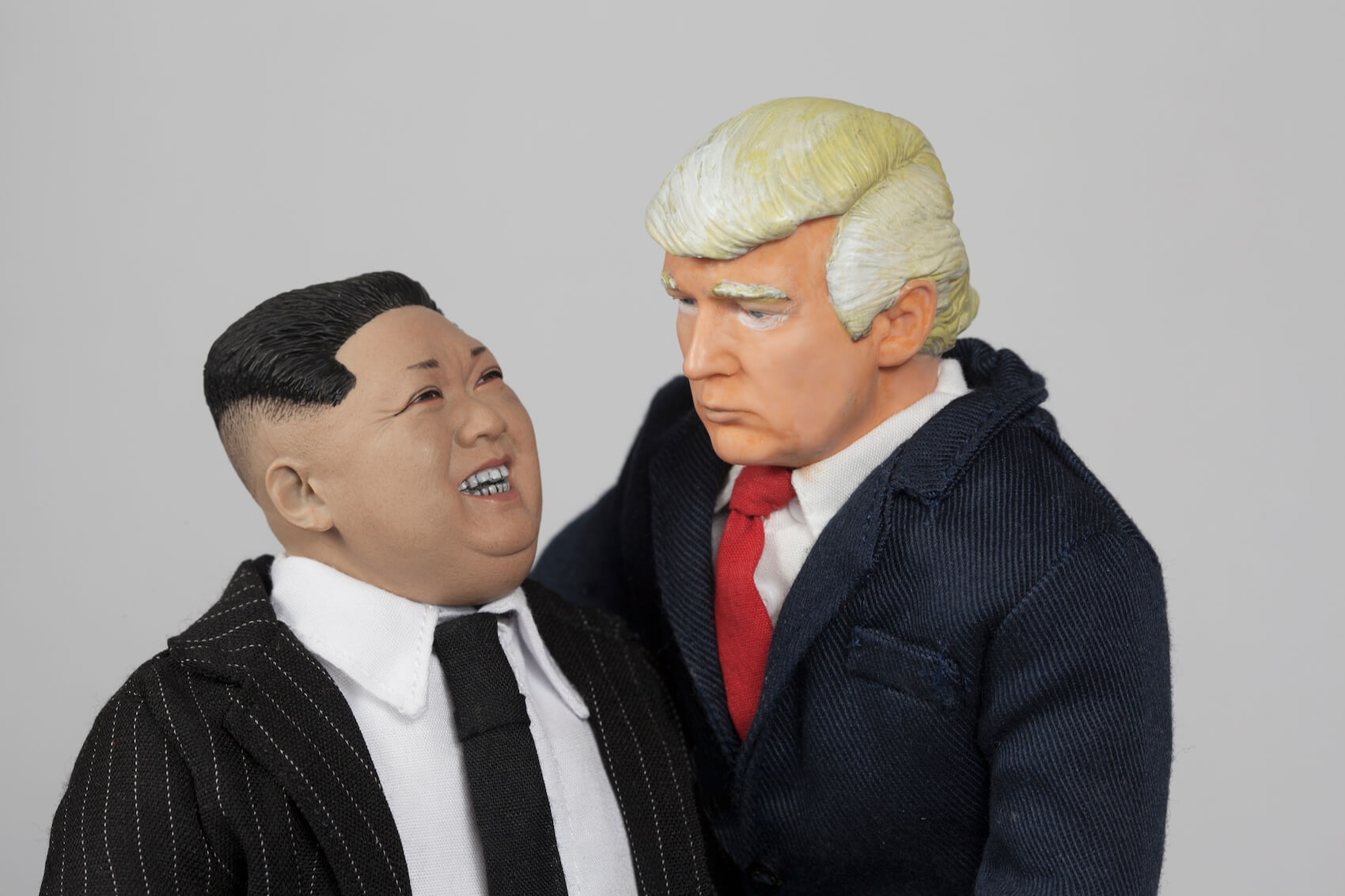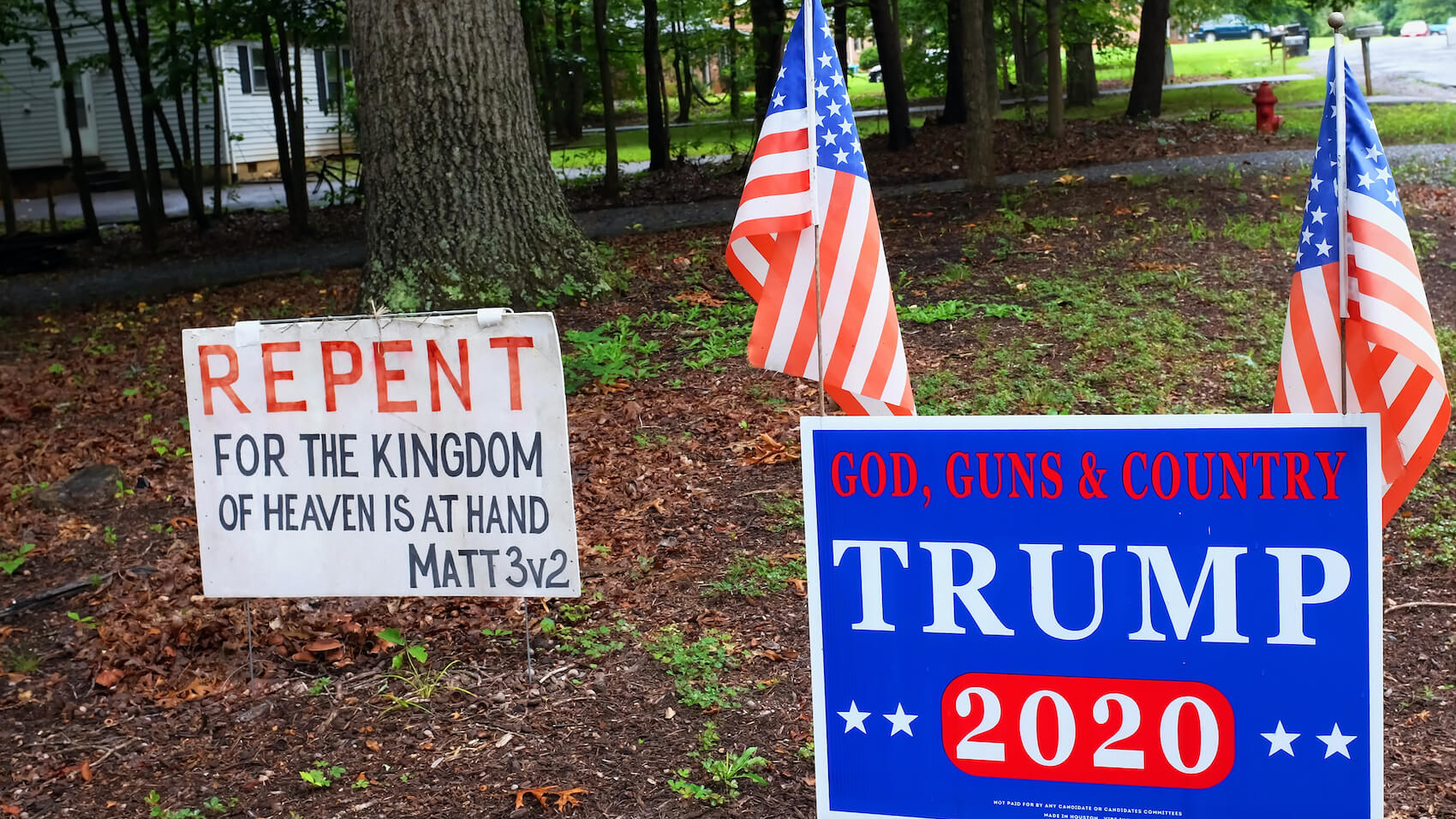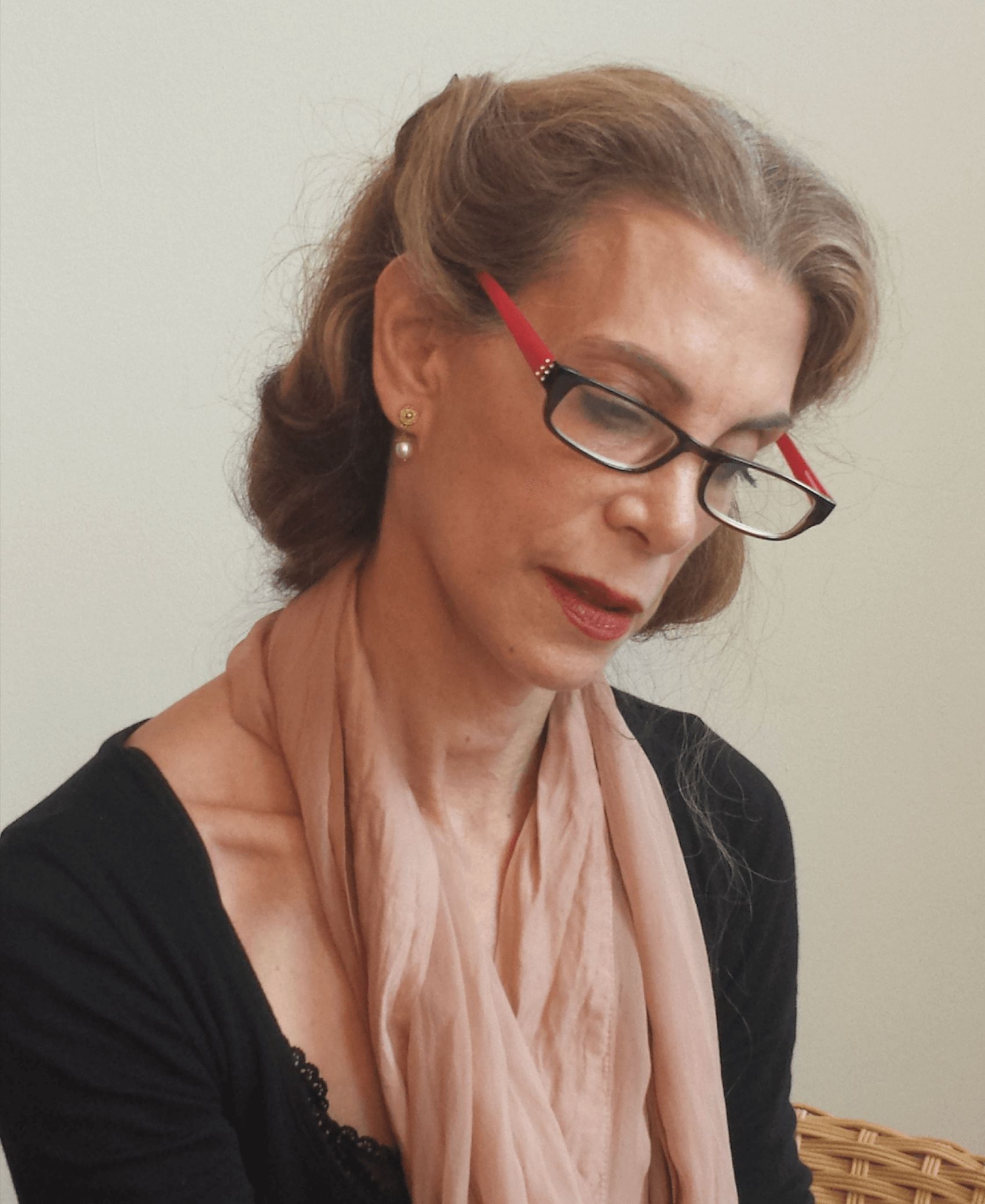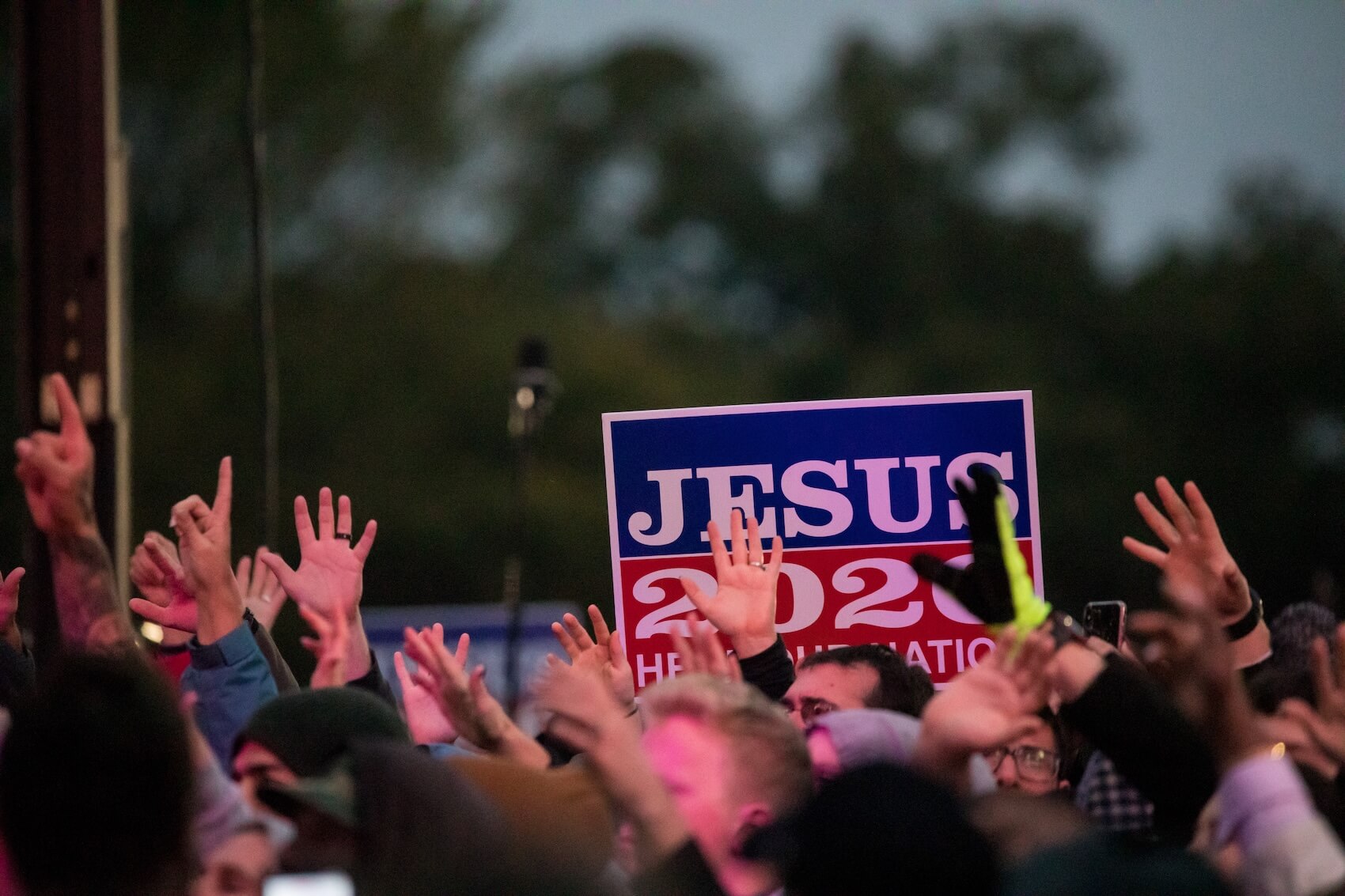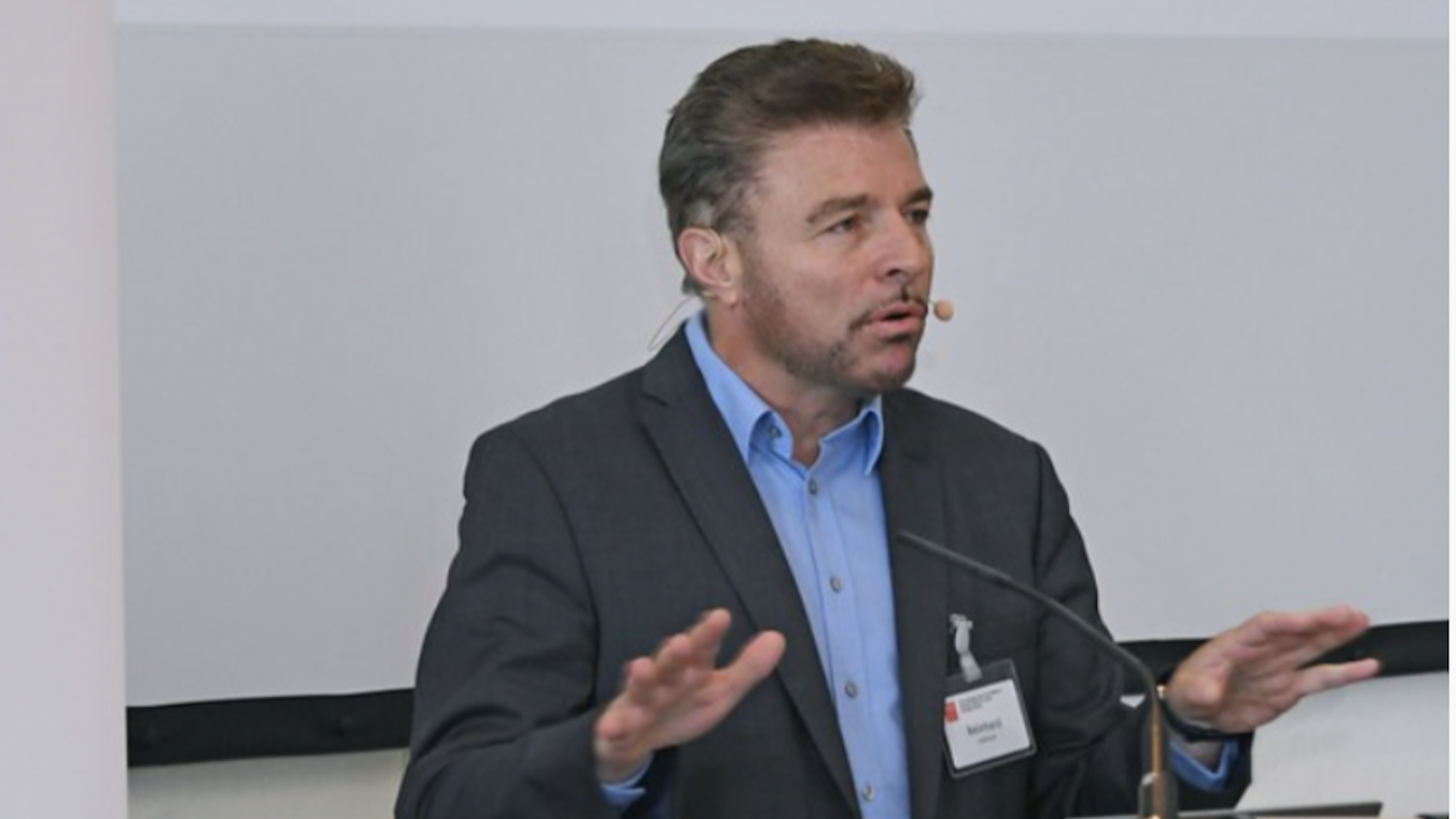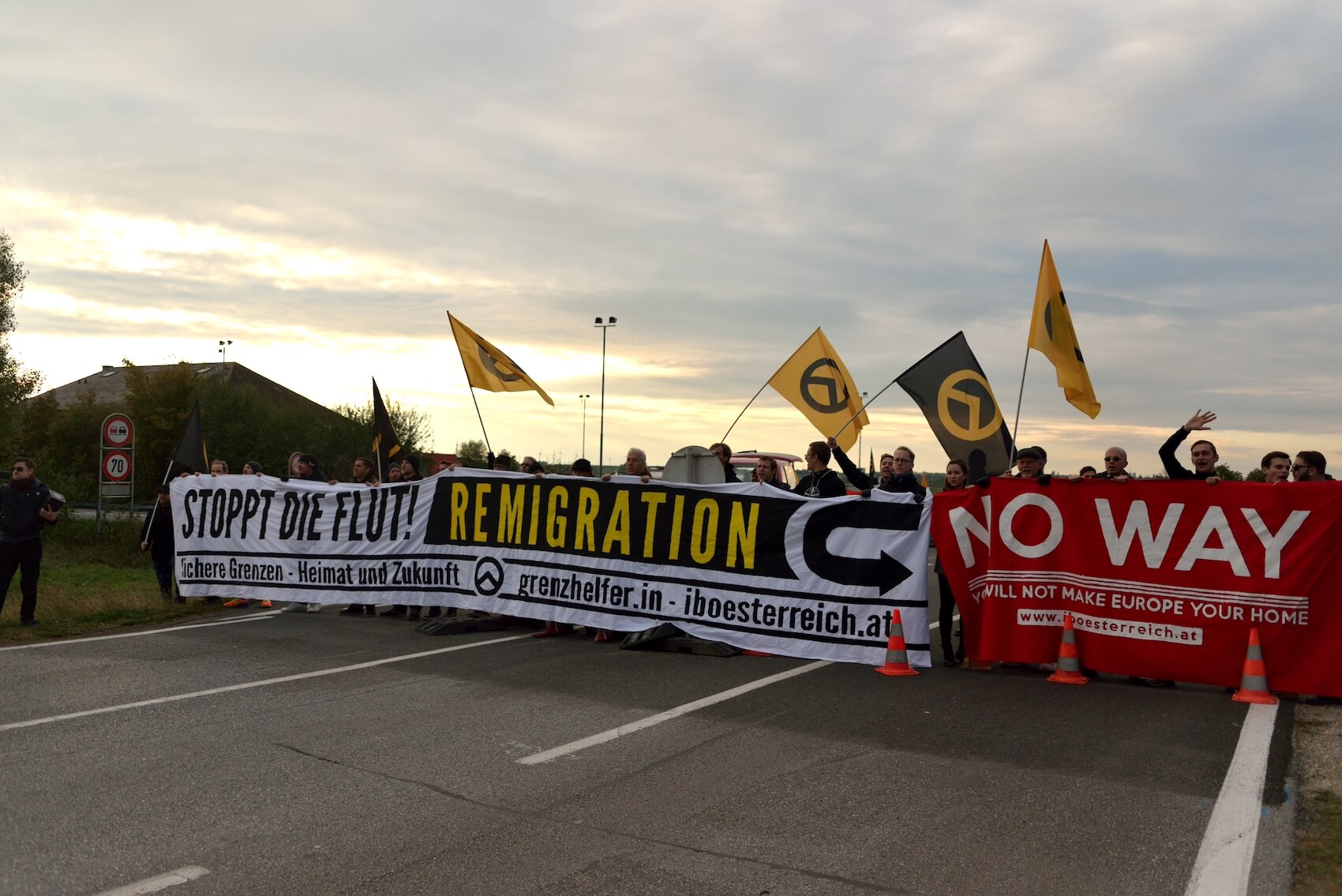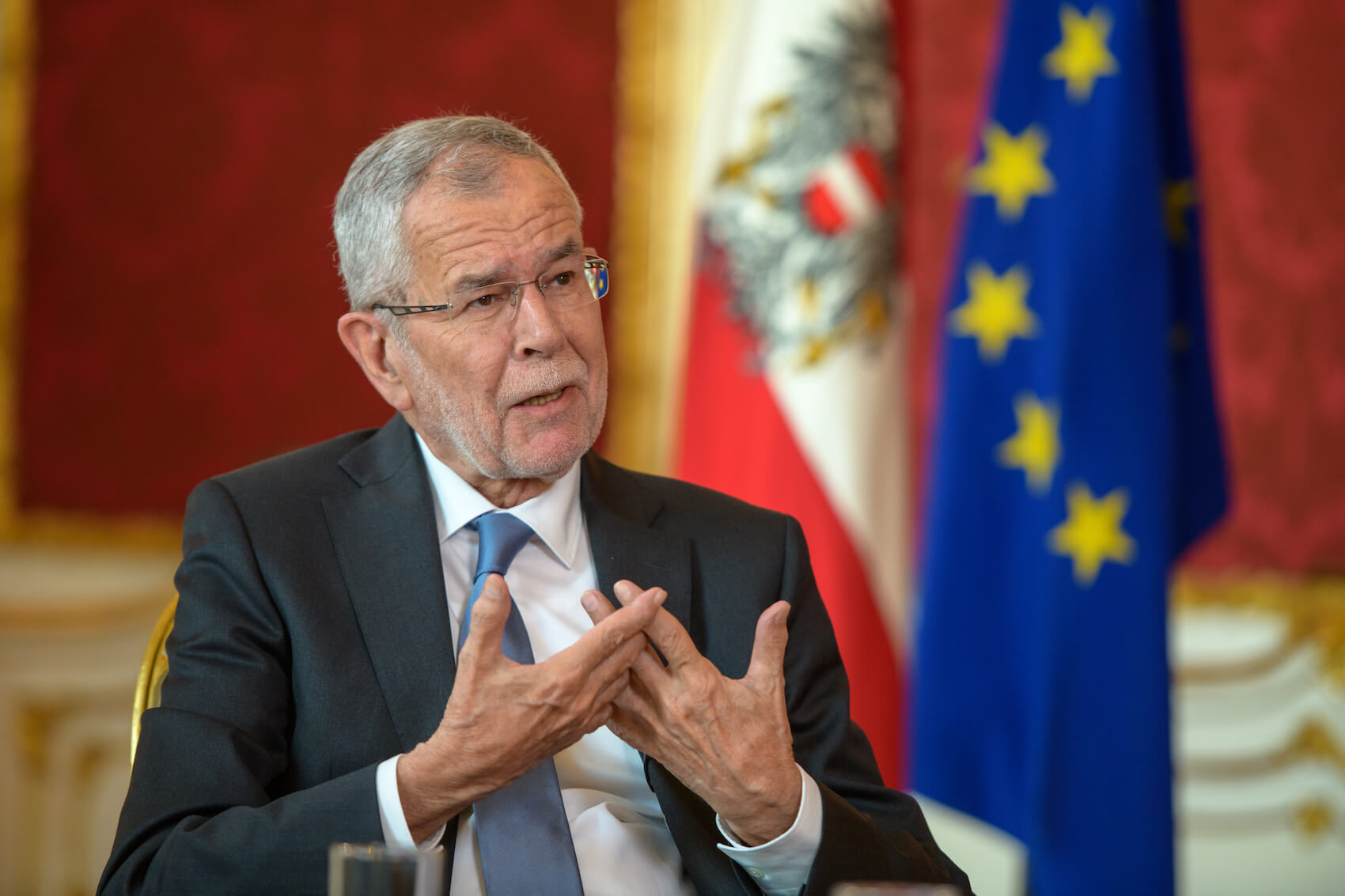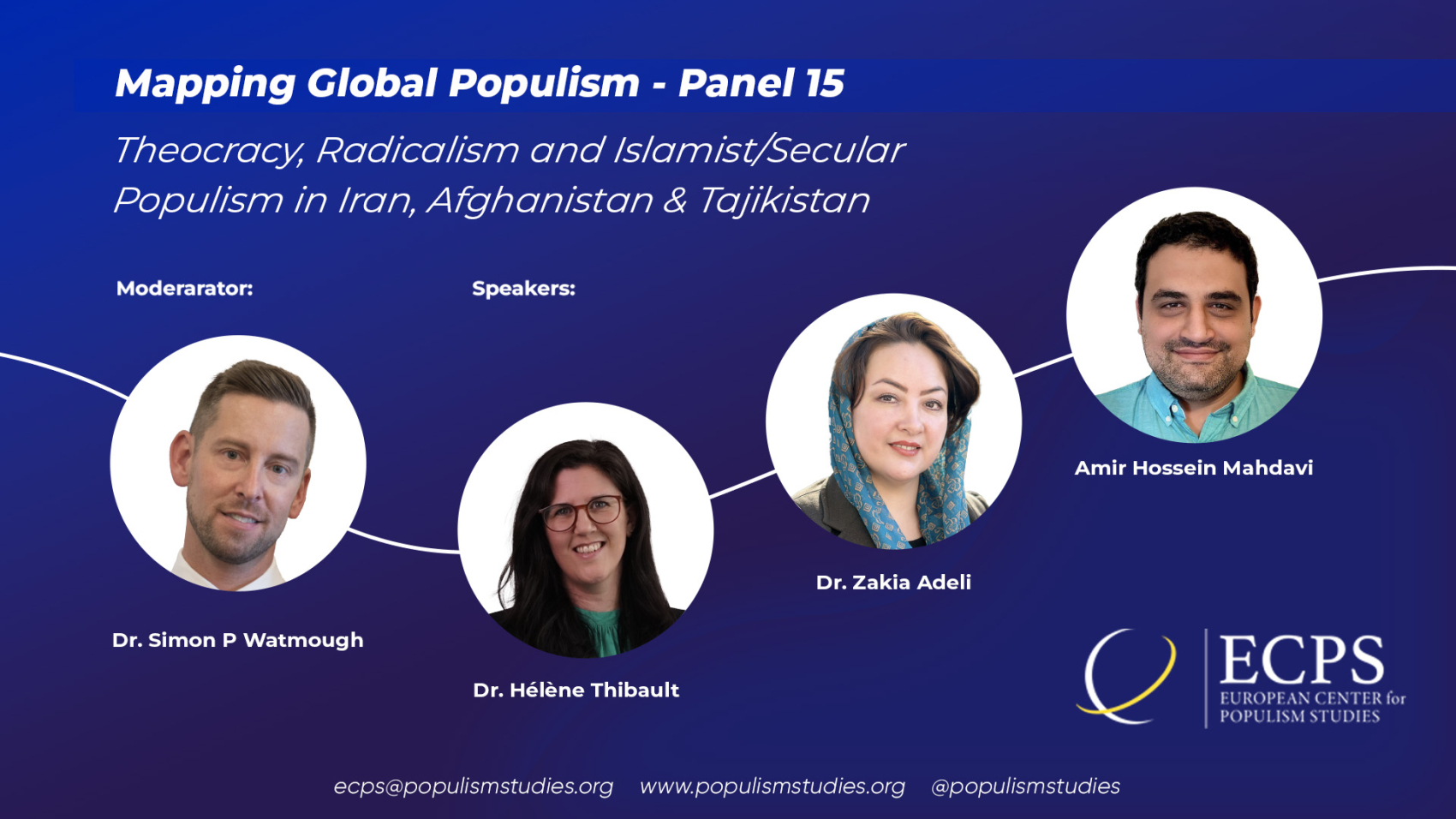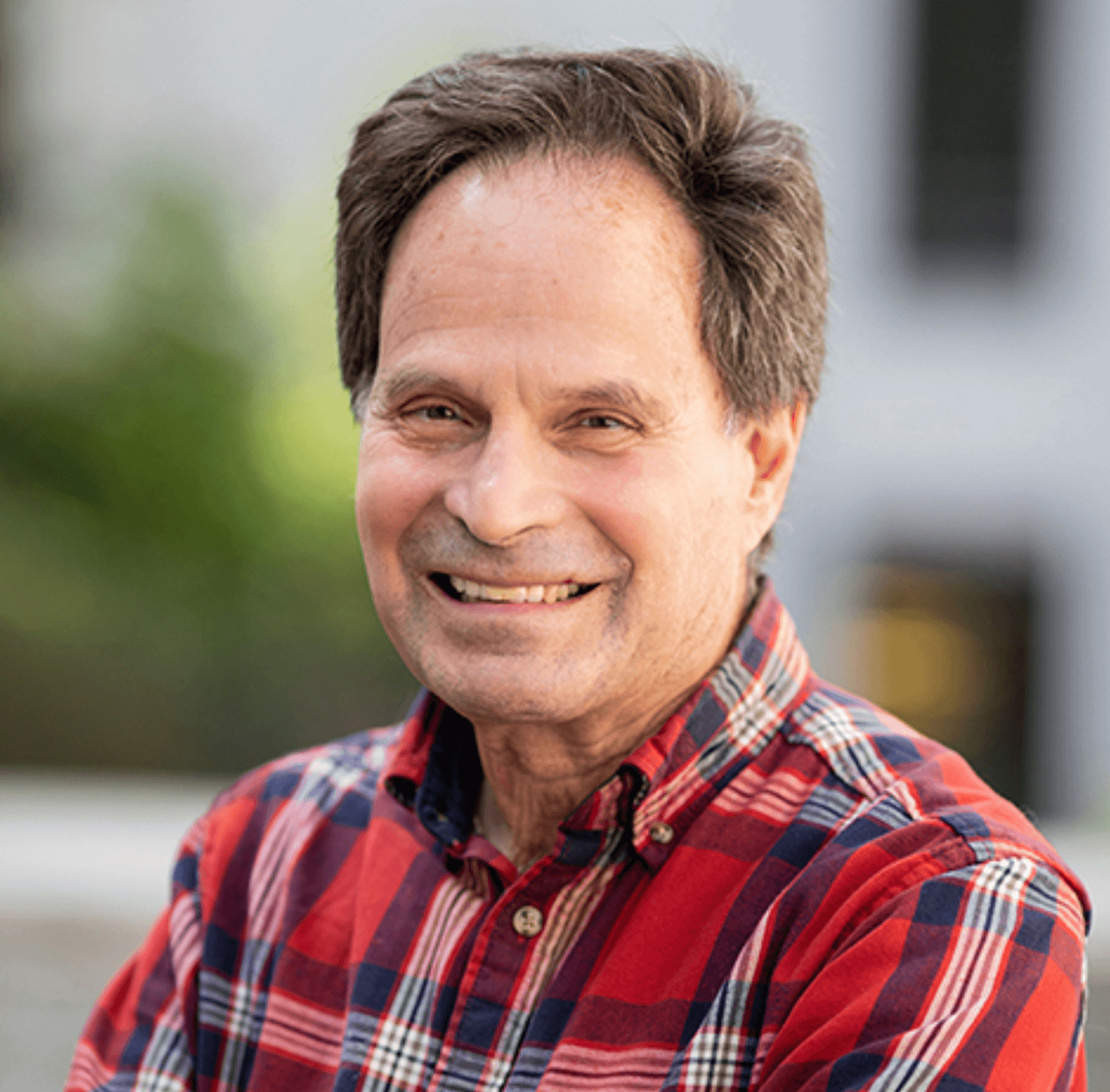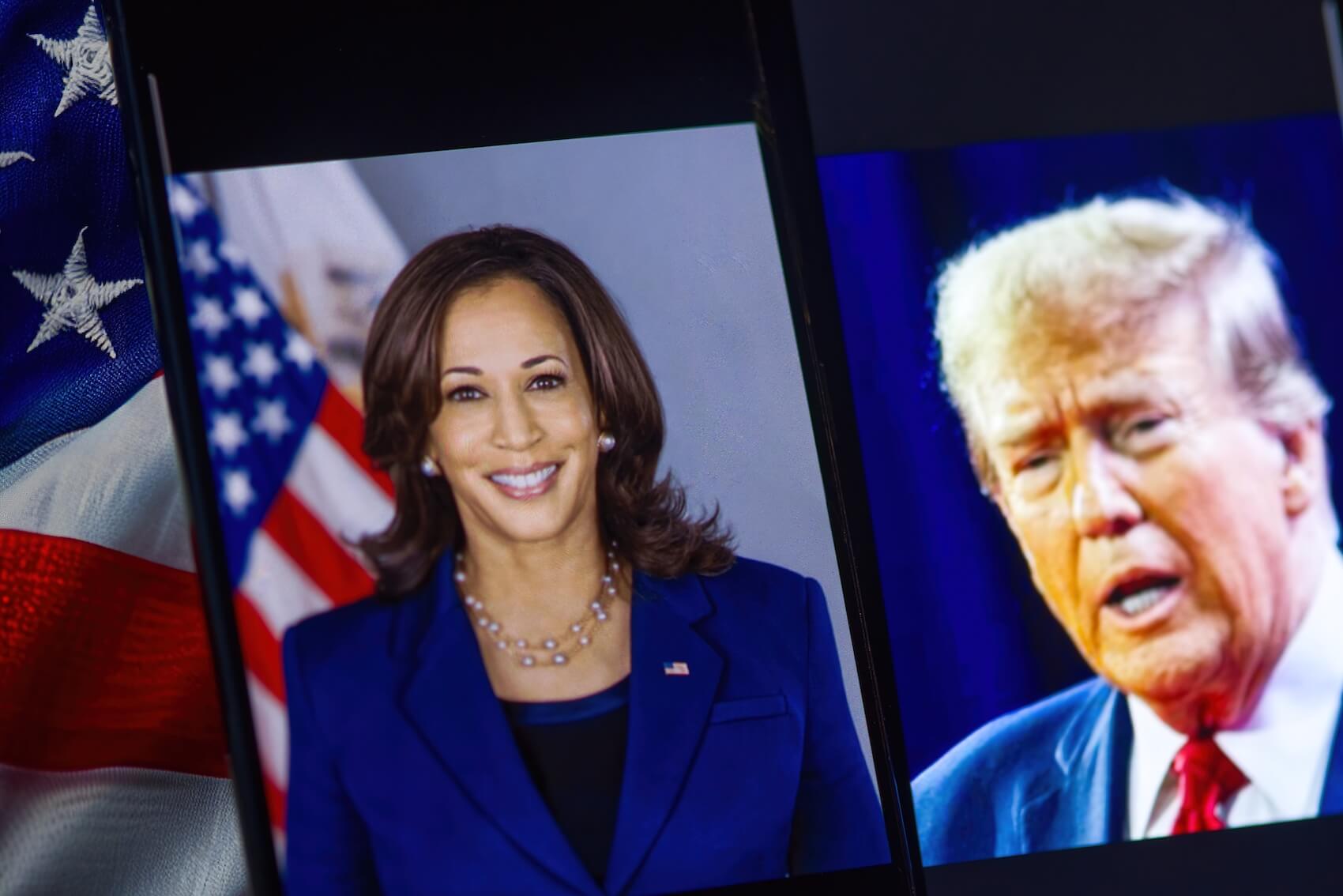The potential re-election of Donald Trump on November 5, 2024, raises significant concerns for American democracy, according to Professor Mabel Berezin. While she acknowledges that Trump is a troubling figure, she emphasizes that it is the individuals surrounding him who are especially dangerous. “What makes him even more dangerous is the group of people around him—J.D. Vance, Elon Musk, and the Project 2025 people. I think American democracy will be in serious danger if these people come into power. They are smart, they have a project, and they’re going to push it through,” she explains.
Interview by Selcuk Gultasli
The re-election of Donald Trump on November 5, 2024, would pose serious concerns for American democracy, warns Dr. Mabel Berezin, Distinguished Professor of Sociology at Cornell University. In an interview with the European Center for Populism Studies (ECPS), Professor Berezin makes it clear that while Trump himself is concerning, it’s the people surrounding him that she finds truly alarming. “What makes him even more dangerous is the group of people around him—J.D. Vance, Elon Musk, and the Project 2025 people. I think American democracy will be in serious danger if these people come into power. They are smart, they have a project, and they’re going to push it through.”
The interview touches on how populism in the United States differs from its historical and European counterparts. Professor Berezin explains that while American populism has always been defined by class differences, particularly between urban elites and rural populations, there is now a stronger emphasis on white Protestant nationalism. “There’s a much stronger emphasis on white American Protestant nationalism, which has become more public, especially evident at Trump rallies,” she notes.
Fascism and its relation to contemporary populism are key themes in Professor Berezin’s work. She highlights the “epistemic plasticity” of the term fascism and how its application can obscure more than it reveals. However, she emphasizes that what makes today’s political climate dangerous is not just rhetoric but the infiltration of far-right ideologies into American institutions. “What I call an institutional creep has begun, and this concerns me the most—particularly the courts and issues like free speech and social changes, such as abortion laws.”
Professor Berezin also points to the rise of paramilitary groups in the US, noting their similarities to those that fueled fascist movements in Europe in the 1920s and 1930s. “These groups are much more organized and mobilizable today,” she warns, drawing a parallel between historical fascism and current threats to American democracy.
As the conversation turns to the economic and social forces driving populism, Professor Berezin highlights inequality and economic insecurity as fundamental factors. “People don’t think about cultural issues until basic security—like having a place to live or food to eat—is shattered,” she explains. According to Berezin, these economic grievances are often exploited through cultural and racial divisions, further fueling populist movements.
Here is the transcription of the interview with Professor Mabel Berezin with some edits.
The United States Has Always Been Somewhat Exceptional
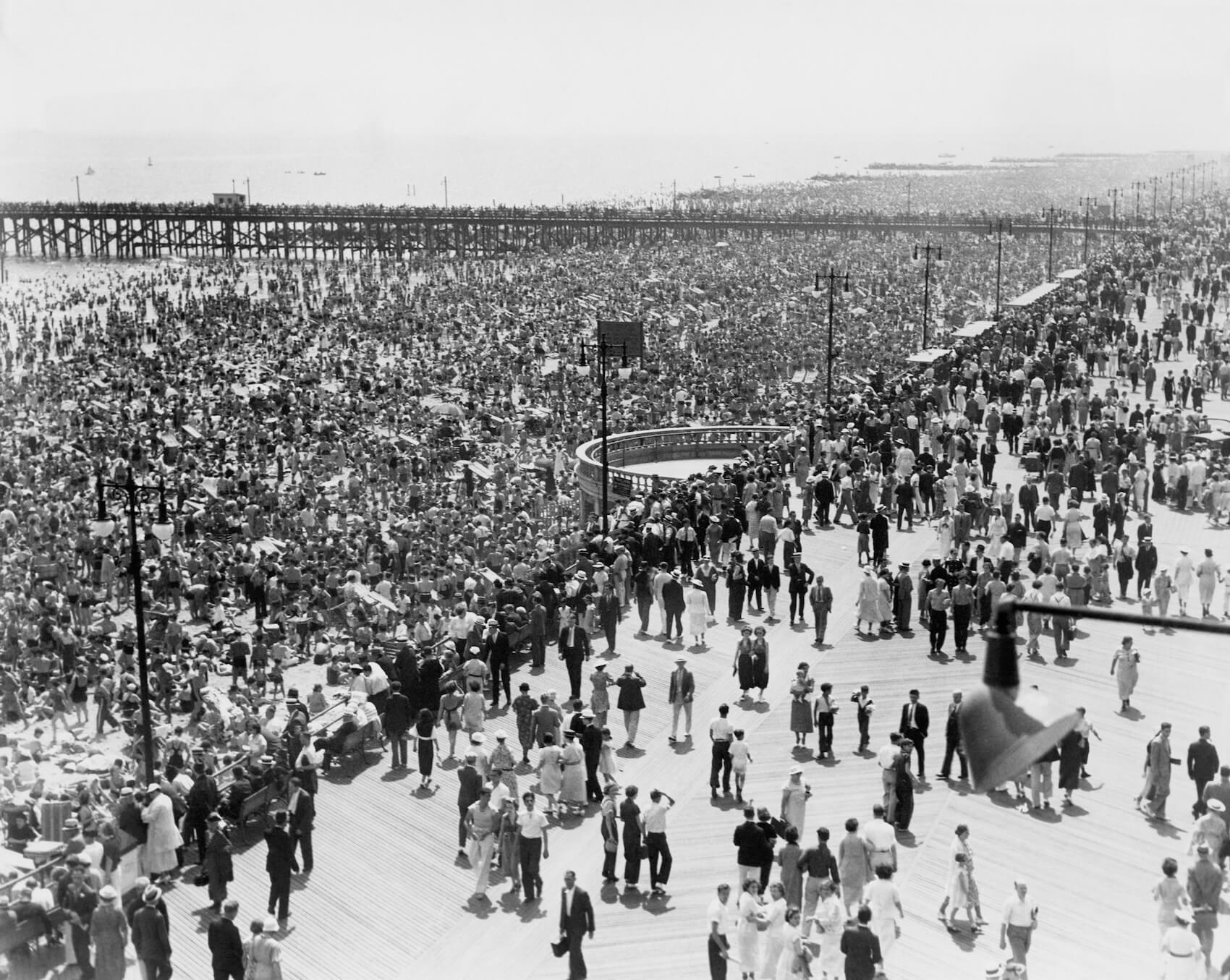
Professor Berezin, thank you very much for joining our interview series. Let me start right away with the first question. How does the contemporary populist movement in the United States differ from historical populist and far-right movements, such as those of the early 20th century, and what continuities, if any, do you observe?
Professor Mabel Berezin: First, I think it’s important to note that when you talk about the early 20th century, people tend to think about Europe—and for good reason. I do think there are significant differences between the movements.
In the American instance, one of the key issues is the focus on significant class differences in the United States, particularly between the so-called elites who live in multi-racial and multi-ethnic cities, and those who live in more rural areas. It highlights those who feel left behind.
Second, the contemporary populist movement has a specific focus, which has grown since Donald Trump first descended his golden elevator—it is hard to remember exactly when that was, in 2015. There is now a much stronger emphasis on white American Protestant nationalism. While that sentiment was always present as an underlying factor, it has become much more public, especially evident at Trump rallies.
Many historians have written about the American neo-Nazi movement in the 1930s, which shared a similar focus. A famous example is the rally at Madison Square Garden in New York, where participants wore Nazi uniforms, and the leader talked about the need for a white Christian America. Some themes from the 1930s are still present today. Trump does not get on television and say those things explicitly, but it’s part of the underlying message.
I think the European case in the 1920s and 1930s was more complex, with multiple factors at play that were distinct to the European context. The United States has always been exceptional. In many European countries of that era, there was less experience with democracy, and distinct cultural features influenced their political movements.
The US has a more consistent narrative, with a strong emphasis on radical individualism, which is not as central to the political culture of Europe. In America, there has always been this idea of the individual moving westward and expanding the nation, which has been a defining feature of American political culture. I think that radical individualism has been an important factor, which is not part of the political culture of Europe.
The Growing Threat of Institutional Reshaping in the US Mirrors Historical Fascism
In recent years, the term ‘fascism’ has been increasingly used to describe certain political dynamics in the US. In your article “Does the Fascism Debate Matter for Understanding 2024 American Politics?” you argue that the term ‘fascism’ has an ‘epistemic plasticity’ that may obscure more than it reveals when applied outside its historical context. How do you suggest scholars navigate this challenge while addressing contemporary threats to democracy in the United States?
Professor Mabel Berezin: First, as events change, a scholar working on the present should also change their view of things, and I have changed my view, or the way I would argue, considering events. So, it is an extremely plastic term, and I think the historiography supports that. Colleagues, whom I respect enormously, have worked on this issue, but I would say there are two things about fascism that need to be noted, and then I will point to the change.
First, there are a series of qualities or characteristics that characterize fascism: violence, paramilitary suppression of speech, performativity, spectacles, and so on. These are qualities that, when taken in isolation, are found in various kinds of politics. Performativity, for example, is not unique to fascist politics. When these qualities come together in different ways, they can lead to anti-democratic forms of politics.
What I think is really important—and I say this in the article and am even more convinced of it now, which is why I am more worried than before—is that there has always been a total institutional synthesis around fascism as it existed in the 1920s and 1930s in Europe. It wasn’t simply performativity or violence; it was the combination of those elements with the ability to control a state. This was the case in both Germany and Italy.
Fascism is a plastic term, and I am old enough to remember when people thought Richard Nixon was a fascist. The concern now, and something I addressed in that article, is that fascism becomes truly dangerous when it infiltrates institutional structures—and that is what we are seeing in the United States today. After January 6th, my alarm grew. Watching those events unfold on television, it was clear to me that this was a crime against the Constitution—an attack on the American state and the Capitol. However, when I saw arguments defending it, with people embracing Trump’s narrative that the election had been stolen, alarm bells went off in my head. This was the point where I began noticing a seepage into institutions, something we had not observed during Trump’s first administration. There had been anti-democratic actions and rhetoric, but nothing that started to coalesce like it did after January 6th.
Since then, what I call an institutional creep has begun, which I find extremely frightening. The areas that concern me most are the courts, particularly the Supreme Court, and the institutional rearrangements happening around them. The second concern is the increasing salience of free speech issues. The third is related to social issues, like the changes in abortion laws. These institutional shifts are rethinking and redefining both social and political life in ways that were not possible before. Trump himself was not able to reshape these institutions, but now we are seeing a body of people willing and capable of doing so—people who are much smarter and more focused on making these changes.
So, I see J.D. Vance as very dangerous because he can think these things through. I see similar traits in people like Elon Musk. Years ago, I had a science fiction fantasy about techno-geniuses taking over, never imagining it would happen because they had the money to make it a reality. And now, who is campaigning in Pennsylvania as we speak? Elon Musk. I believe he just spent $60 million on a super-pac contribution to Trump’s campaign yesterday. This is extremely frightening. I do not want to dwell too much on it, but I have always thought Trump was clearly a racist. He has a history of that—with his real estate dealings and his infamous 1989 ad about the Central Park Five, if I recall correctly.
But Trump does not have the synthetic mind that his new collaborators do. And their synthetic mind is not moving in a democratic direction, in my view, which is frightening. To me, this marks a new stage. It is not just about calling them fascists or pointing to their fascist or violent tendencies, which they certainly have. This is something that has the potential—it is not there yet, but it is on a path to take over the American state.
This is absolutely frightening because these are people with the mental capacity to make it happen, and we must not underestimate their brainpower. There are not really guardrails against this, especially with the current state of the Supreme Court. Maybe some local courts will push back on some of this, but yes, I maintain that fascism is a plastic term. It has flexibility as a concept, but I think it matters when we start seeing how fascism in the 1920s and 1930s reshaped institutions. And I think we are seeing the potential for that to happen in the United States now in a much more real way than eight years ago, when Trump first emerged.
And that, I think, is dangerous.
Religion Is a Major Definer of Americanism
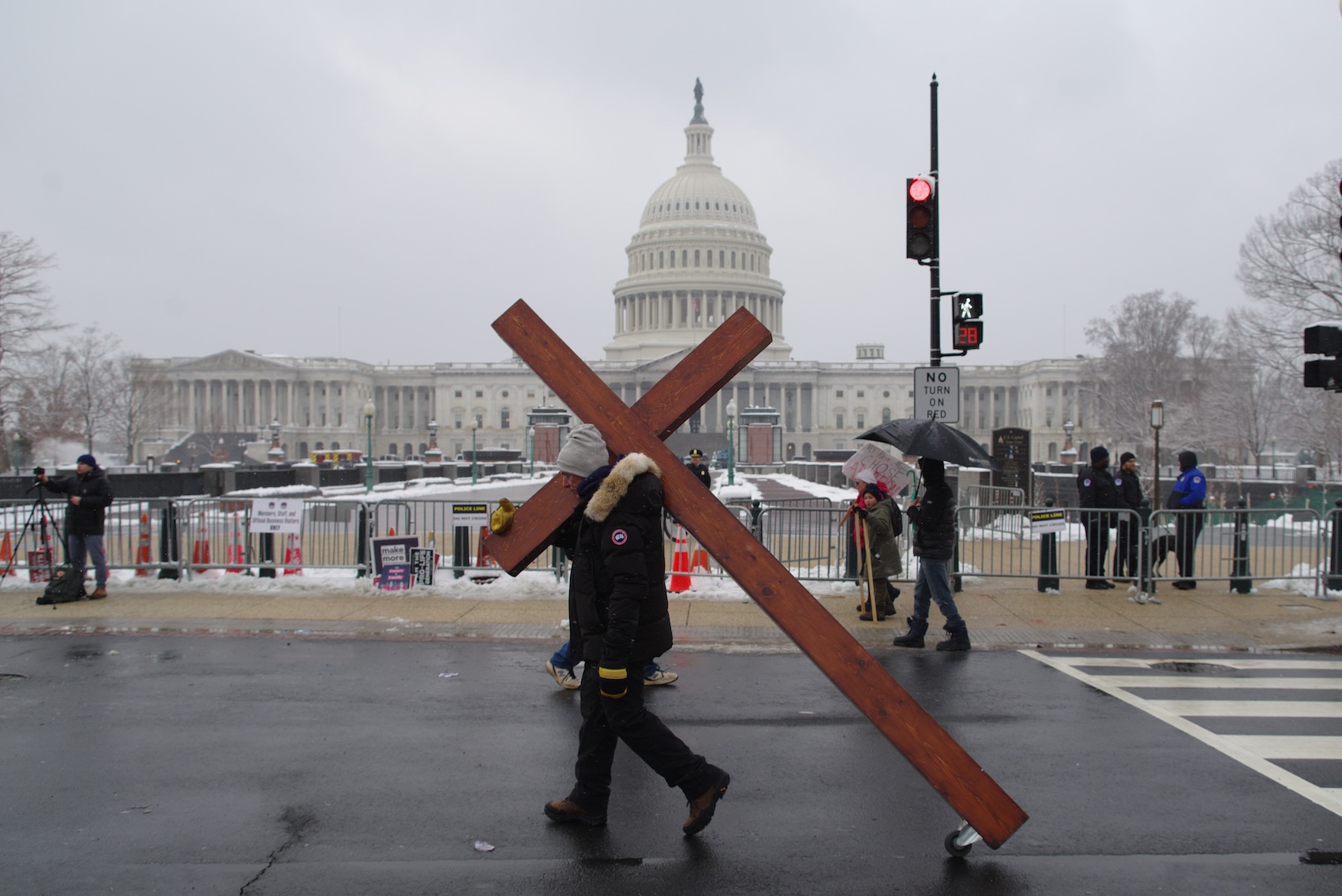
In the same article, you highlight the differences between American nativism and European fascism, suggesting that the two phenomena should not be conflated. What are the key distinctions between these two, and how do they shape the political landscape in the US differently than in Europe?
Professor Mabel Berezin: I think, as I said earlier, and I know people are using the term “nativism” now to talk about Europe, they tend to think of it as, you know, a “people who are already there” kind of thing. But I do think that the United States is much more racially focused than Europe.
When I say this, I mean it needs to be nuanced. It does not mean that I think different groups don’t live in Europe—different religious groups, etc.—but the focus on race has defined the United States in ways that perhaps haven’t been adequately acknowledged. If you look at historical books on populism published in the early 1900s,they focused on ethnic immigrants coming into the country—those from Southern and even Northern Europe, like Irish Catholics. Religion was a big definer of Americanism, and what it meant to be American.
People spoke about nativism in terms of keeping these groups out, or, if they were already here, regarding them as somehow different. These groups may have had white skin, but they were not considered white. They were Catholics, not Protestants. This is a very different situation from Europe, which has a much more complicated religious and ethnic landscape.
I would even argue that race plays out differently in Europe. There is a kind of singular focus to American prejudices, I guess you could say. And then, of course, we have the history of slavery, Black Americans, Indigenous peoples, and so on. Our complications are unique in the sense that America is more singularly focused on the things it rejects.
In your article “Fascism and Populism: Are They Useful Categories for Comparative Sociological Analysis?” you highlight the importance of examining institutional contexts when analyzing the emergence of populist and fascist movements. Could you elaborate on which institutional factors are most influential in either constraining or facilitating these movements in contemporary democracies?
Professor Mabel Berezin: Well, I think I’ve already touched on this in the first part. You want to look at the courts, freedom of speech, First Amendment issues, and freedom of religion—at least when examining the United States. You also want to look at how the government operates. These are things that, in my imagination when I wrote that article, I never thought would be at risk of breaking down in the US, but now I do think they are extremely important.
These factors vary depending on the country. One thing I have not mentioned yet is the presence or growth of paramilitary groups, which were important in Europe in the 1920s and 1930s. The ability to recruit paramilitary groups was crucial for Mussolini in Italy. In the US, it is well-known that there have always been paramilitary groups in various parts of the country, and today, these groups are much more organized and mobilizable.
These are the kinds of institutional arrangements I would look at. Most of them are constitutive of the breakdown of democracy. You need the Constitution, the courts, the press, freedom of religion, etc. And you do not want organizations that can be mobilized in the same way as the military or police—what Max Weber would call “extra-organizational agents of legitimate violence.” In the 1930s European context, these factors were more prominent.
In terms of populism, specifically in Europe, another key issue is how people perceive and interact with the European Union—whether they see it as doing or not doing enough for its citizens. This has been a major institutional player in the rise of populism, alongside immigration, which is closely tied to perceptions of the EU.
A Lack of Security Can Be Exploited in Various Ways

To what extent do you think economic insecurity and inequality contribute to the rise of far-right movements in the US, and how do these factors intersect with cultural grievances to shape contemporary populist rhetoric?
Professor Mabel Berezin: The rise of inequality is actually key. I do not always like the word “inequality” because sometimes I find it a euphemism for the things people lack—and there are serious lacks in the United States. There are people who cannot find places to live, and the homelessness in some major cities is staggering. Even in Ithaca, where Cornell University is located, which is a rural part of the United States, when you leave the university, the inequality and absence of basic needs are quite astonishing. This has been well documented, and there is a lot of social science data that supports what I am saying.
So, it is absolutely key. People do not think about cultural issues until basic security—like having a place to live or food to eat—is shattered. Security is more than just the absence of threats; it provides stability. You know where you are going to live, what you are going to eat, or that you can afford food. That sense of security has broken in many ways, both in the United States and Europe, and I think it is one of the major driving forces behind these movements.
When there is a lack of security, it can be exploited in different ways, especially through cultural differences. You can tell people, “Those people have what you don’t,” which fuels the feeling of being left behind. This has become a common narrative, but the major driving factor is the absence of basic expectations of stability in the places where people live.
Place is an important part of this equation. People do not need to live in cities to feel secure. We often say cities offer more opportunities, which drove people out of rural areas, but security can exist anywhere if there’s stability. Most people do not have that stability anymore.
One interesting thing I have noticed, based on informal conversations in Ithaca, is how people define happiness. Many people who do not live in Ithaca anymore—because they cannot afford it—work in service occupations and live outside the city. I have had conversations with these people who have told me that, for them, the right to go home at night and work on building their own little wood cabin is what makes them happy. That is not something you hear in an urban environment.
This divide is not just about culture or politics—it is about basic expectations and what makes people feel secure. For instance, I once saw a sign on a car in a parking lot in Ithaca that read, “How many ways will you show contempt for me today?” It was a big station wagon covered in American flags, parked at a food place in Ithaca. I almost took a picture of it, but I did not want to violate that person’s sense of dignity. Instead of tough guys with guns coming out, two middle-aged women, clearly country folk, got into the car.
And I said to myself, you know, this is what we are missing somehow. This is what Trump is tapping into. It is not just about culture, although they obviously believe different things than I do. I believe in the country, too, even though I do not have flags on my car. But there is a gap there, and these are the things we need to pay attention to, I think.
A Dangerous Mix of Misinformation and Inefficacy Could Propel Trump’s Return
Given the rise of populist leaders with authoritarian tendencies, how resilient do you think American democratic institutions are to such challenges, and what measures could be taken to safeguard democracy against far-right incursions?
Professor Mabel Berezin: Well, I do not even think that is the right framing at this moment, in the sense that I think what we have… If you look at Project 2025, which you have probably heard a lot about, I assume—maybe the people who read this know about it. It is basically a 900-page document from the Heritage Foundation about how to completely restructure the American state and political institutions. It is very frightening. These are people with, I would almost say, totalitarian visions rather than authoritarian, in the sense that they want to redefine the entire way of being in the world, in the state, and in the culture.
Now, what would safeguard against that? Well, certainly, we need to reaffirm and convince people that the institutions we have were well-designed, are functioning well, and that people can participate in the political sphere. In other words, there needs to be an emphasis on civic education in schools. People do not understand what the government is for. They think it is only about how their life was better a few years ago, so they vote accordingly—without understanding the larger role of government.
For example, people often do not see the connection between government and their lives beyond immediate concerns. They forget that government provides social security, Medicare, and the right to participate in democracy. There is a lack of understanding, and I believe this is partly due to the deficiency of civic education. If I had the capacity to influence policy, that is where I would focus. And I am not the only one arguing this at the moment.
Local organizing, getting people to vote, and increasing participation are crucial. But restoring a sense of efficacy is also important—people need to believe that if they participate, their actions matter. When you see someone with a car sign that says, “How many ways can you show contempt for me today?” it is clear they don’t feel like they matter. One thing Trump has been particularly good at is convincing people that they matter to him, at least, and that is a political gift.
I do not think we focus enough on that. Policies are important, but they are not what the average person really wants from their politicians. The lack of understanding about what government and civil society are, combined with a feeling of inefficacy, creates a toxic brew. And it is not just Trump’s core supporters who would elect him again; a whole group of other people would push him over the threshold, and that’s another concern.
The Real Threat Lies with the Powerful Figures Behind Trump
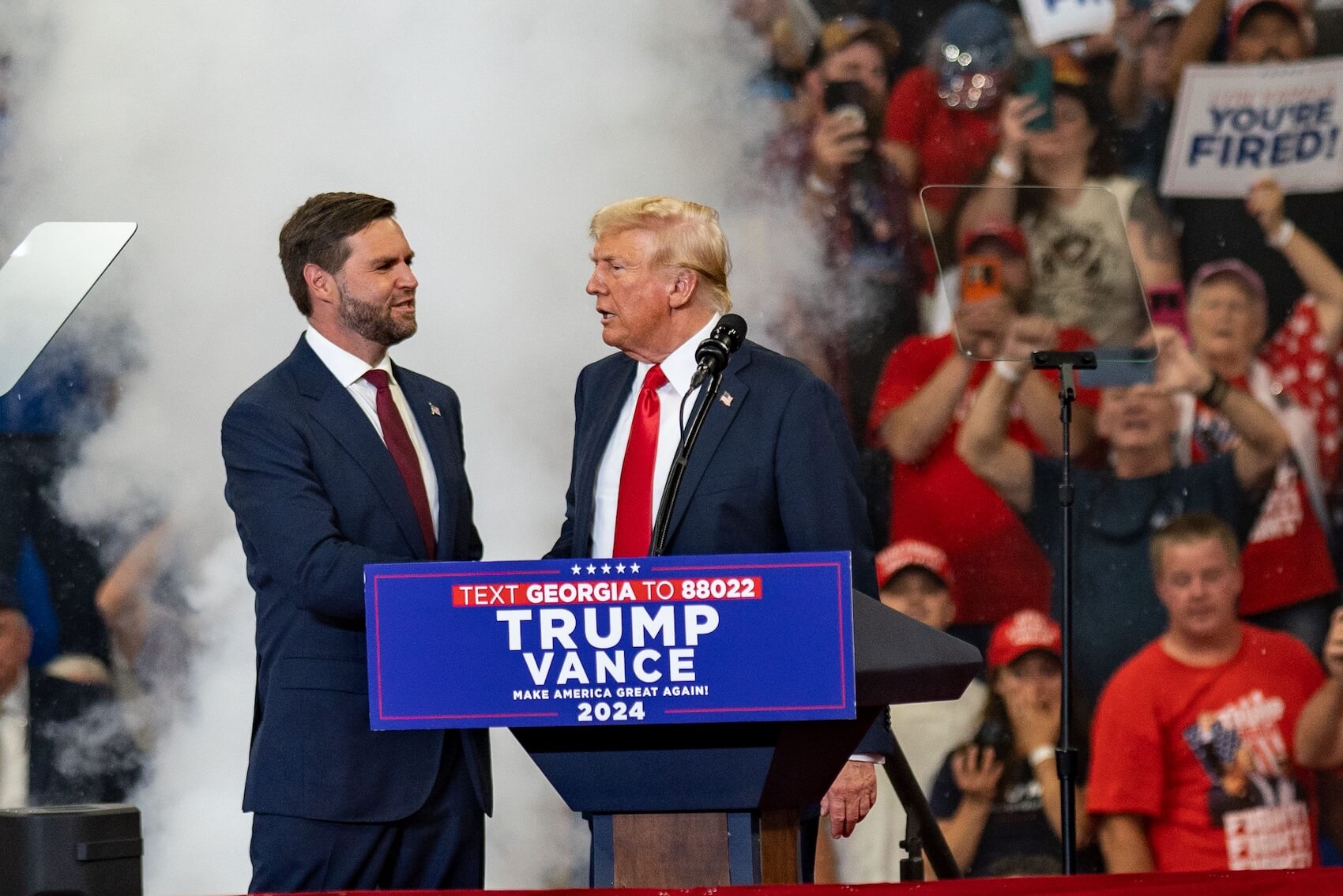
What do you think will happen to American democracy and its democratic institutions if Trump gets elected on November the 5th?
Professor Mabel Berezin: I am deeply concerned. I mean, I am deeply concerned because of the group that he has around him. I am not as deeply concerned about Trump himself.
I do not see him as someone who thinks deeply about politics. I recognize him as a certain type—a criminal type, a con artist—who has seized the moment, as it were. But that does not mean he isn’t dangerous. He is dangerous in multiple ways, primarily because he is more interested in power than politics.
What makes him even more dangerous is the group of people around him—J.D. Vance, Elon Musk, and the Project 2025 people. I think American democracy will be in danger if these people come into power. As I said earlier, they are smart, they have a project, they have an idea, and they are going to push it through. It will be quite different. Look at the recent Supreme Court decisions about the power of the presidency.
There are others who share these concerns. If I were writing this as an academic paper with footnotes, I could cite several people who agree. Project 2025 has a website, and anyone can access it—that alone should scare you. These people are not kidding. This is not the same Trump administration as before. To me, Trump is not the main issue right now. He may get elected, and that is scary, but I’m more afraid of the people behind him.

